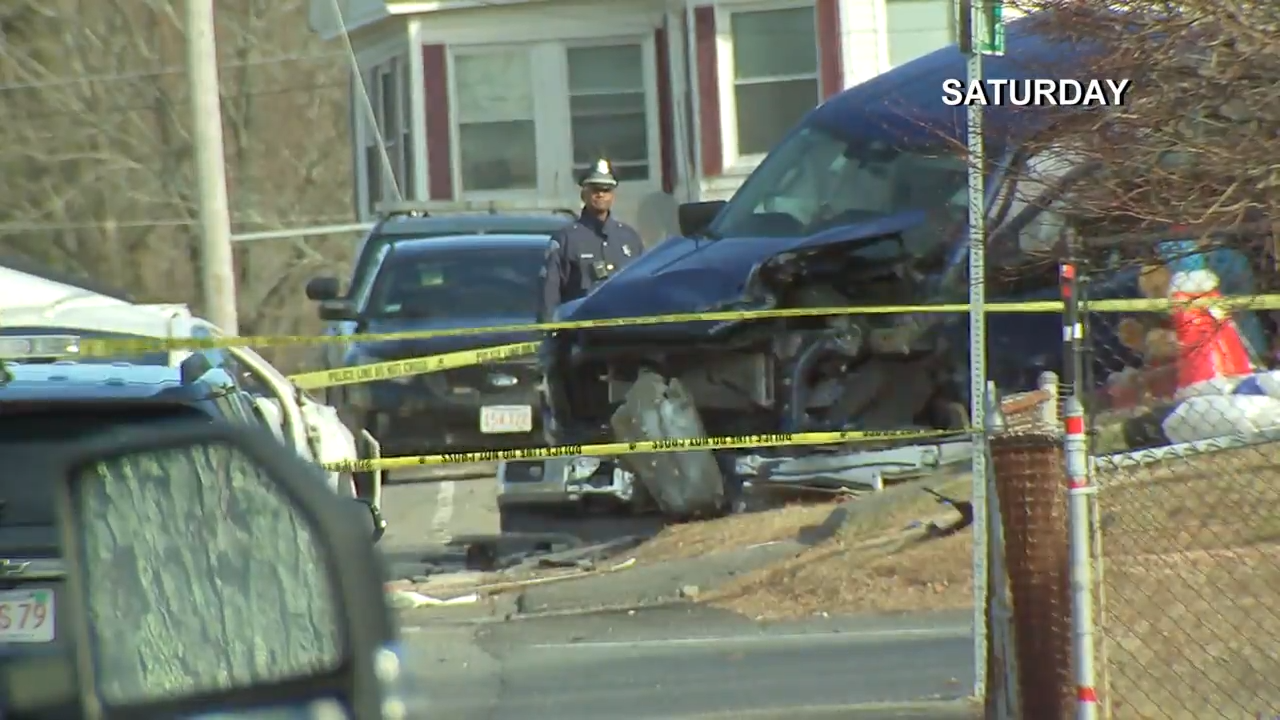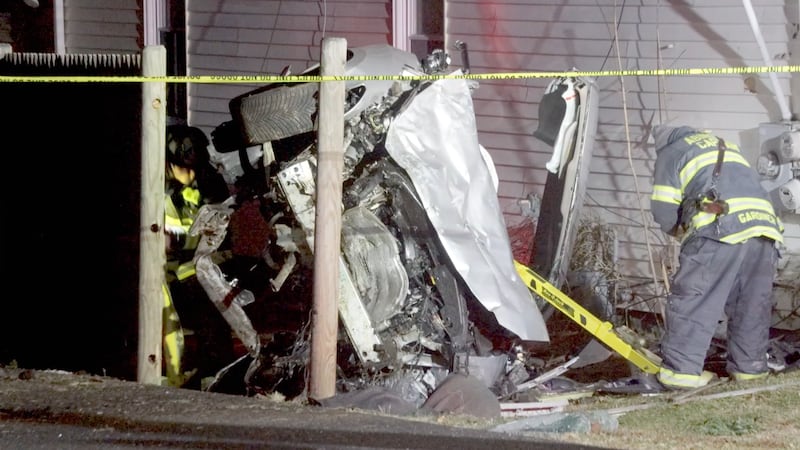Former Louisville police Det. Brett Hankison on Wednesday was the only person indicted in the March 13 shooting death of Breonna Taylor.
Hankison, who was fired from the Louisville Metro Police Department in June, was charged with three counts of first-degree wanton endangerment by a Kentucky grand jury for shooting into Taylor’s apartment from outside. The grand jury ruled that his actions endangered the lives of three people in the apartment next door.
But the indictment did not hinge on Taylor’s death.
The fatal shot that hit #BreonnaTaylor WAS NOT fired by the officer who is facing charges. Rather, Brett Hankison is facing wanton endangerment charges for firing his weapon, and the bullets went into another apartment where 3 people were.
— T.J. Holmes (@tjholmes) September 23, 2020
So, what is wanton endangerment?
Under Kentucky state law, a person is guilty of wanton endangerment in the first degree when, “under circumstances manifesting extreme indifference to the value of human life, (that person) wantonly engages in conduct which creates a substantial danger of death or serious physical injury to another person.” Wanton endangerment in the first degree is a Class D felony.
A person can be guilty of wanton endangerment even if they did not intend to harm anyone or to commit a crime, according to The New York Times. To recklessly disregard the peril that a person’s actions cause if enough to be guilty of the offense, the newspaper reported.
“If Brett Hankison’s behavior was wanton endangerment to people in neighboring apartments, then it should have been wanton endangerment in Breonna Taylor’s apartment too,” Ben Crump, the civil rights lawyer representing Taylor’s family, tweeted Wednesday. “In fact, it should have been ruled wanton murder!”
Kentucky Attorney General Daniel Cameron said at a news conference on Wednesday that there is no conclusive evidence that Hankison’s shots hit Taylor, The Washington Post reported. The two other officers who shot into Taylor’s apartment -- Sgt. Jonathan Mattingly and Det. Myles Cosgrove, who remain on the force -- were not charged, even though authorities believe one of them fired the bullet that killed Taylor.
Taylor’s family had hoped the grand jury would bring a second-degree manslaughter charge. To do that, the grand jury would need to find sufficient evidence to accuse Hankison of wantonly causing a person’s death, the Post reported. Cameron said the FBI’s analysis indicates that Cosgrove fired the fatal shot at Taylor.
Cameron said the FBI was still investigating whether Hankison or the other two officers involved in the raid committed a federal crime, such as violating Taylor’s civilrights, the Times reported.
Cox Media Group





